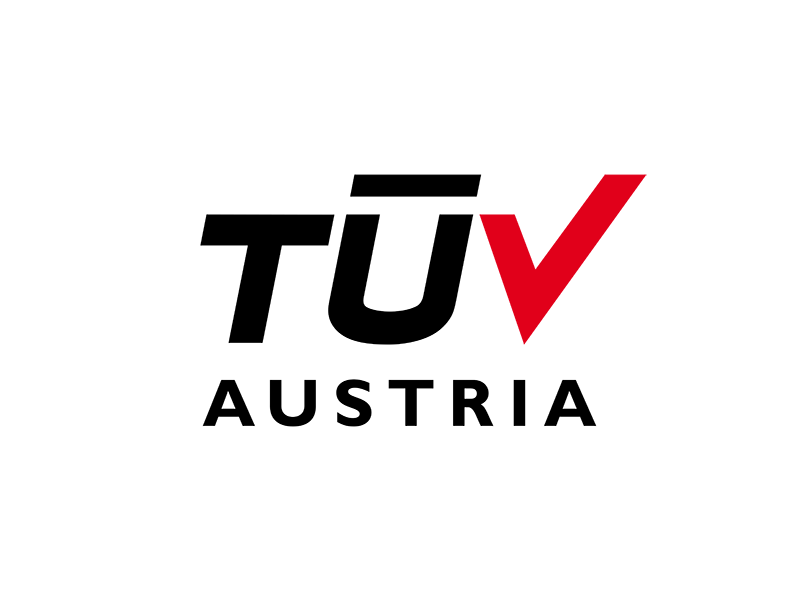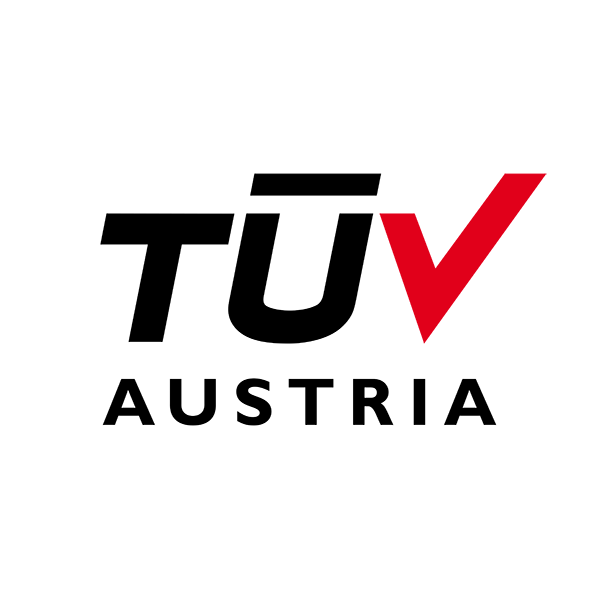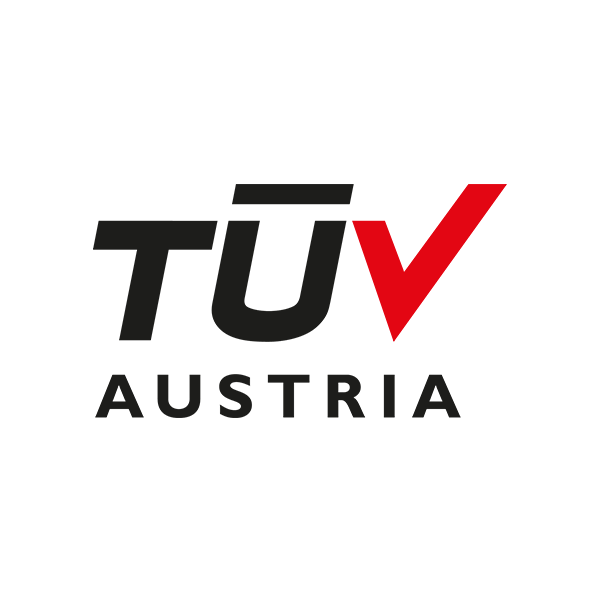Λύση: Environmental Management Certification | ISO 14001
Solution: Environmental Management Certification | ISO 14001
TÜV AUSTRIA Umweltmanagement-Zertifizierung nach ISO 14001
Certification Procedure ISO 14001
- 1.
Briefing
- 2.
Commissioning
- 3.
Pre-audit (optional)
- 4.
Level 1 certification audit
- 5.
Level 2 certification audit
- 6,
TÜV AUSTRIA certificate
- 7.
Surveillance audits
- 8.
Re-certification audit
Διαπίστευση
Information, Target Group, Requirements
The ISO 14001 is the established and worldwide accepted standard for certifying environmental management systems. With a certification according to ISO 14001, you show your customers you take environmental protection and sustainability seriously in your work. What’s more, you also cut costs by analyzing environmental impacts, optimize operational processes and minimize risks.
From microenterprises through to major industrial enterprises, from service providers to producers – across all sectors and irrespective of the type of company, you too can be certified pursuant to ISO 14001.
Requirements
- A documented environmental management system that is integrated in and practiced by the organization
- A list of the statutory obligations
- All legally required authorized representatives have been named
Your certificate is valid for three years and may be used for advertising purposes in accordance with the certification regulations.
Take a look at a sample certificate!
You are free to use the certification logo on your business stationery, website (in each case in connection with your organization), for example. Your planned use has to be approved/confirmed by the certification body for legal reasons.
Advantages
- A number of customers require environmentally-conscious and sustainable entrepreneurial actions. Surpass your customers’ expectations and get an edge on the market. A certification according to ISO 14001 helps you improve your environmental services and implement these in a transparent manner for your customers
- A functioning environmental management system minimizes the negative environmental impacts through process optimization, reduces costs and increases efficiency. Certified companies are always a step ahead of the rest through coordinated processes and continuous further development measures
- Find the right balance – with experts from TÜV AUSTRIA. Documentation for the sake of documentation? An environmental management system can only work effectively if it serves the company. Our auditors create the greatest possible benefits from auditing and certification for you
- A management system according to ISO 14001 ensures that the certified company acts in accordance with the law by recording, assessing and constantly complying with all of the environmental regulations
- Sharpen your employees’ environmental awareness by bringing clarity to your environmental goals, processes and responsibilities in an environmental management system
- Since the environmental management system according to ISO 14001 is based on the High Level Structure, it can easily be integrated into existing systems, thus making the best possible use of synergy effects
- A certification according to ISO 14001 by TÜV AUSTRIA provides official proof of your services, products and organization, and therefore the trust demanded by the market
Certification Procedure
A certification process usually takes between three and five weeks. We already take your individual needs and the urgency of the certification into account during its planning. We will determine the exact effort as well as the duration and costs together with you before the certification process. This is why every certification process begins with a briefing.
1. Briefing
We will explain the procedure to obtain your certificate in a non-binding and free meeting. Amongst those items that will be clarified in this meeting are:
- Basis requirements for your certification
- Goals and benefits of the certification
- Comparison of the business data and definition of the scope of the certification
- Discussion of your specific needs and wishes
- Determination of the next steps that are needed for the certification
You will then receive an individual offer that is tailored to your organization on the basis of this briefing.
2. Commissioning
If our offer meets with your approval, the certification body is commissioned. Once you have received confirmation of your order, the certification process begins with a joint agreement of the timetable with the responsible auditor(s).
3. Pre-audit (optional)
A pre-audit can be carried out on request. However, this is not an essential requirement for certification.
Either specific areas and/or processes or the overall situation in your organization will be audited on the basis of a jointly defined framework. Any weak spots in the documentation and implementation of the system will be identified here. A pre-audit can provide you with a status report regarding the basic suitability for certification, a detailed expertise on individual processes or the conformity with individual requirements of the respective standard on request. The audit method hereby corresponds to that of the certification audit.
4. Level 1 certification audit
The level 1 audit serves to determine whether you are suitable for certification. Location-specific conditions are assessed and any necessary information with respect to the scope is collected. The level 1 audit primarily deals with the following main points:
- Verification of the documentation for conformity and completeness compared to the requirements of the standard.
- Status of the implementation of the management system within the company: Does the existing management and the level of implementation of the management system in the organization allow a certification in principle, or are any crucial details missing?
Before the level 2 audit is performed, an audit plan for the actual certification audit will be drafted on the basis of knowledge gained of your organization and the management system and jointly agreed upon with you.
5. Level 2 certification audit
During the level 2 audit, the efficacy of the management system in place in your company will be verified. Random checks will hereby be made with respect to all of the requirements in departments and organizational units as well as along the process chain.
This audit is based on:
- The audit plan
- The respective certification standard and/or individual standard requirements specified therein
- Organization-specific documents
- General and industry-specific principles (laws, additional, industry-specific, necessary standards,..)
Following an analysis and assessment of the results, you will be informed of the outcome of the audit and any deficiencies or deviations during the final review. Corrective measures are defined and have to be discussed and agreed on with the chief auditors in the event of any deviations. A follow-up audit may be necessary in the event of serious deficiencies.
6. TÜV AUSTRIA certificate
The actual certification will be issued by the certification body of TÜV AUSTRIA following a successful audit and reporting on the basis of the audit report. The certificate will be issued provided the following certification requirements have been met:
- Documentation and implementation of the management system
- Certification agreement (confirmation of the certification offer, the certification regulations and the T&Cs)
- Positive outcome of the audit and thus a corresponding recommendation by the audit team to the certification body
A certificate will be issued for a period of 3 years. In order to maintain the validity of the certificate over its entire term, an annual surveillance audit has to be performed with a positive outcome (12 months and 24 months after the certificate has been issued).
7. Surveillance audits
The annual surveillance audit verifies the efficacy and further development of the management system through random sampling. Surveillance audits are shorter and not as extensive, on the one hand covering topics specified by accreditation agencies, key aspects named in the audit plan as well as faults and failings in the last audit.
8. Re-certification audit
This has to be carried out before the certificate becomes invalid (usually after three years). In a re-certification audit (often also referred to as a repeat audit), all of the requirements are checked at random, the same as for a certification audit. The effort involved for this repeat certification audit is less than that for an initial certification (approx. 2/3 of the time needed for an initial certification audit).
Following a positive decision on the certification, a new certificate valid for a further three years will be issued.



















